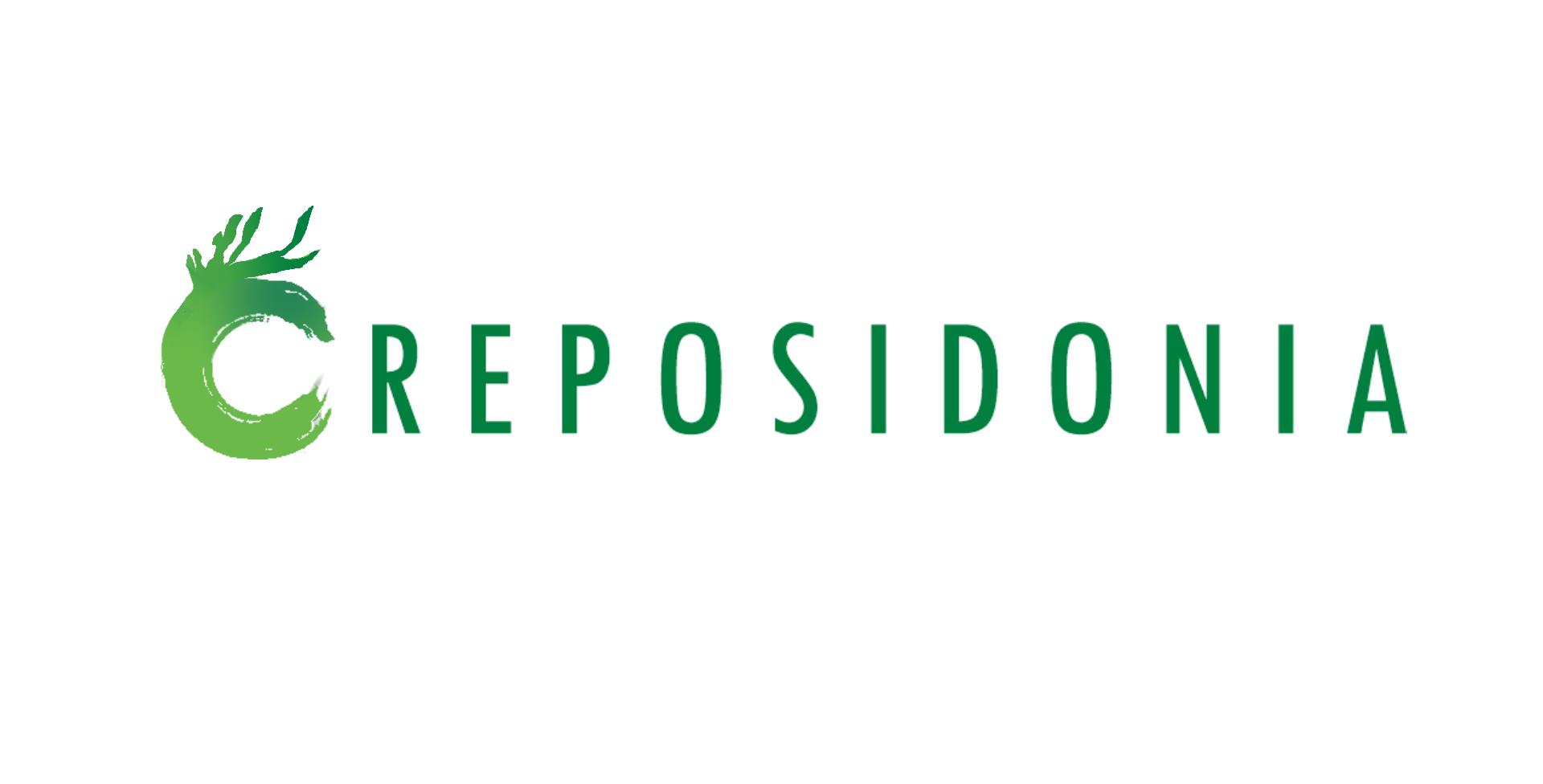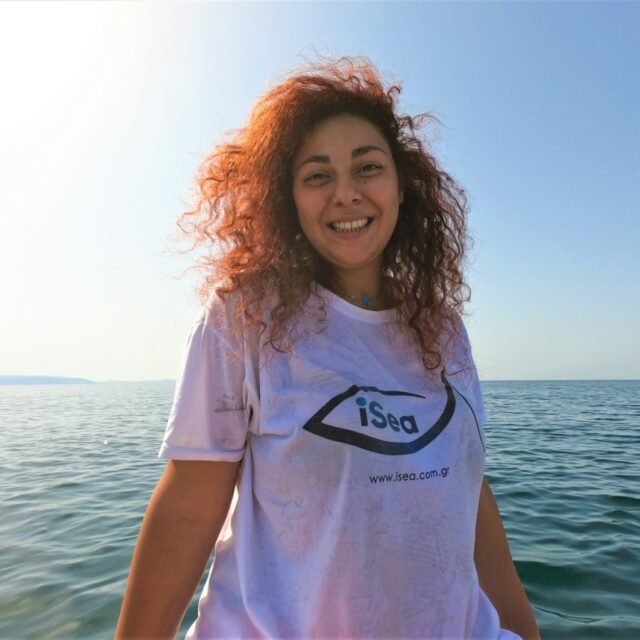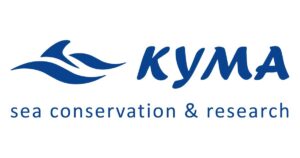
The main objective of the REPOSIDONIA project is to contribute to the management and protection of the seabed with Posidonia meadows in Greece. REPOSIDONIA serves as an umbrella project and includes all the activities and projects that iSea is implementing regarding Posidonia oceanica and its meadows in specific areas, including mapping the meadows, assessing the local biodiversity, estimating blue carbon storage and developing innovative awareness-raising tools.
What is Posidonia and why is it important?
P. oceanica is a phanerogam plant that lives in the marine environment and is endemic to the Mediterranean Sea. Also known as Neptune Grass, it is one of the most common species of marine plants in the Mediterranean, along with Cymodocea nodosa and Zostera marina. The length of its leaves can reach up to 1.2 meters and the density of its leaves up to 10,000/m2. It is found in the infra-littoral zone at depths of up to 40 meters. This seagrass is observed in varying bottoms, from rocky to sandy, where it can root. In Greece, Neptune Grass is present along the majority of the mainland coasts, and the Greek islands. Posidonia oceanica meadows are considered as one of the most important marine habitat types of the Mediterranean Sea, providing a multitude of ecosystem services. They are nursery grounds and living areas for a large number of species providing food sources and hunting grounds in their nutrient and oxygen rich waters. Neptune Grass is an “ecosystem engineer” as it stabilises the sediment with its roots and changes the hydrodynamic status of the sublittoral zone by limiting the power of waves and currents. Both the leaves and the sediment beneath the meadows can withhold large amounts of carbon, making the meadows one of the most important habitats for sequestrated blue carbon.
Threats and protection
The main threat to these meadows is habitat degradation by human activities. The degradation of the meadows is attributed to a series of stresses on the species, including fishing and aquaculture, coastal development, and uncontrolled anchorage. Due to its importance, Neptune Grass is protected by the Barcelona Convention, the Bern Convention, the Habitats Directive (92/43/EEC), and the EU Regulation (1967/2006/EC) which prohibits fishing with dynamic fishing gear over the meadows.
Despite all national and international protections, P. oceanica is on the IUCN Red List of Threatened Species since November 2010, with its status listed as “Least Concern” (LC), mainly due to its vast distribution throughout the Mediterranean coasts. Although it is a long-living plant, its extremely slow growth rate makes it highly vulnerable to external disturbances, thus hindering the natural recovery of the meadows if degraded. In the Mediterranean basin, there has been a decrease in P. oceanica, with estimations averaging between 11% and 50% of areal coverage lost in the past 50 years. Despite the fact that a lot of scientific research has been conducted on P. oceanica, more information on species distribution and its threats in the Eastern and Southern Mediterranean basin is needed.
Projects implemented under REPOSIDONIA
Project's Team

Roxani Naasan Aga – Spyridopoulou
Roxani is an environmentalist, she holds a bachelor’s in Marine sciences from the University of Aegean. In 2019, she started working on projects for the “Aquatic Litter” and the “Vulnerable Species” departments. Currently, she is working as a Project Manager for projects regarding “Vulnerable Species” and “Human and Aquatic Ecosystems”.
Her main research interests are related to elasmobranch ecology and biology, fisheries biology, and marine protected areas. She holds a speedboat licence, and a diving licence and is multilingual (Greek, Arabic, English, and French). She knows how to code in R. She is a qualified user of ArcGIS and SNAP(ESA). Furthermore, she knows how to use software for ecological data (Vissim, Populus, Primer, Presence, Distance).
Before this, she used to work with humanitarian NGOs for refugees in Greece as a cultural mediator and interpreter.
Contact Info:
Email: [email protected]
tel. +302313090696
mob. +306944505224

Ilektra Athinaiou
Ilektra was born in 1998, she is from Nafplio and has completed her bachelor’s in Marine and Freshwater Biology at Edinburgh Napier University, while she recently graduated from her master’s degree in Marine Conservation from the University of Plymouth. Academically, she has focused on a range of topics and has completed her dissertation on elasmobranch trade in Greece in collaboration with iSea, while for her MSc thesis, she worked on shark and ray stock assessment approaches with Blue Resources Trust. She was previously involved with Archelon working first as a monitoring coordinator in Zakynthos and later as a project assistant in the Peloponnese. She volunteered with the Argolic Environment Foundation as a local admin and has participated as a diver in the cleanups of two “Prosfero” projects with iSea. She has knowledge on R, QGIS, adobe premiere and Wix, while she is a certified PADI Open Water Diver and BLS first aid responder and holds a drone license (A1/A3).
She has a range of interests, including blue carbon ecosystems, elasmobranchs, genetics and using technology for research. She speaks 3 languages: Greek (native), English (native) and basic Dutch. Within iSea she works as a Project Manager in the Vulnerable Species Pillar.
Contact Information:
Email: [email protected]
Phone number: +30 2313 090696

Kyriaki Pyloridou
Kyriaki was born in 1999 in Thessaloniki. She has a bachelor’s degree from the Department of Oceanography and Marine Sciences, from the University of the Aegean. She speaks three languages: Greek (native), English (B2) and Chinese (beginner). She’s familiar with Microsoft Office applications, ArcGIS, R and she’s a certified PADI Open Water Diver. She conducted her internship at iSea in the summer of 2021, in the “Vulnerable Species” pillar and more specifically in the project “Sharks and Rays in Greece and Cyprus”. She’s working as an Assistant Project Manager.
Contact Information:
Email: [email protected]
Tel. +302313090696













